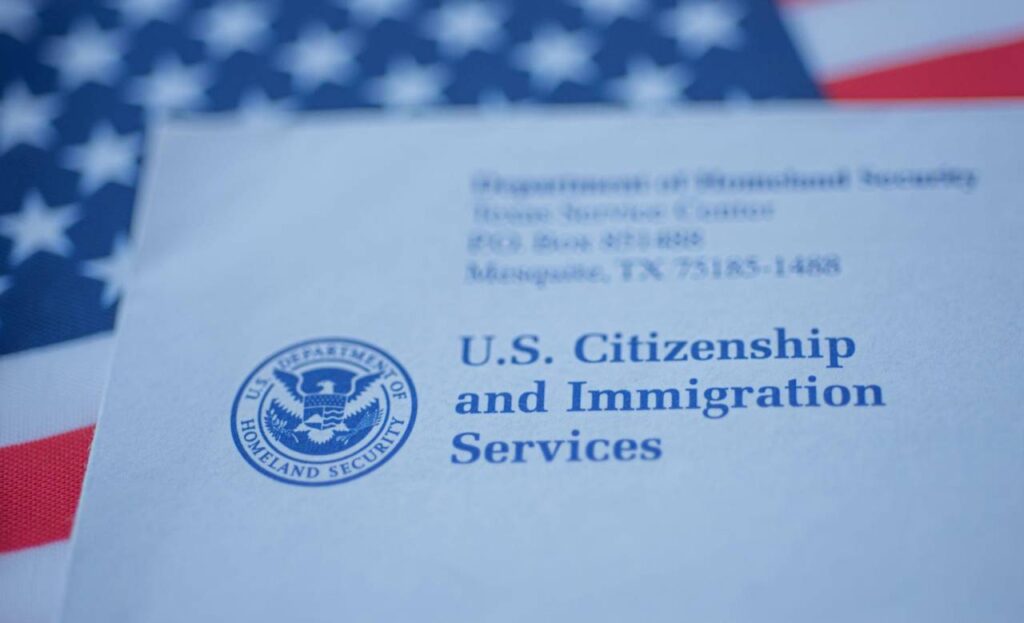Creating Non-Profit Articles of Incorporation in NJ

Creating Non-Profit Articles of Incorporation in NJ is a crucial part of establishing and organizing a non-profit organization. The Articles of Incorporation is a legal document that sets the foundation for the non-profit’s existence and purpose, which must be filed with the state to register and form the non-profit in New Jersey. In this blog […]
Obtaining a Tax-Exempt Status for Your Non-Profit

Obtaining a tax-exempt status is an essential step for non-profit organizations. Tax-exempt status provides non-profit organizations with a range of benefits, including exemption from federal and state income tax, as well as exemption from certain sales and property taxes. In this blog, we will explore the process of obtaining tax-exempt status for your non-profit organization. […]
Understanding Interrogatories in the Legal Process

Interrogatories are written questions that one party to a lawsuit sends to the opposing party as part of the discovery process. Interrogatories can be valuable tools for gathering information and evidence in a case. Here are some important things to know about interrogatories: 1. What are Interrogatories? Interrogatories are a type of written discovery tool […]
The Purpose and Elements of a Settlement Demand Letter

A settlement demand letter is a written demand by one party to another seeking compensation for losses incurred as a result of a dispute. These letters are typically sent by attorneys but may also be written by an individual representing themselves. Here are the key elements of a settlement demand letter: 1. Purpose of the […]
Understanding the I-212(d) Waiver in Immigration Law

The I-212(d) waiver is a form of discretionary relief that allows individuals who are inadmissible to the U.S. due to a prior deportation, removal, or unlawful presence to reapply for admission into the country. Here’s what you need to know about the I-212(d) waiver: 1. What is the I-212(d) Waiver? The I-212(d) waiver grants individuals […]
Understanding the USCIS Change of Status Process for Immigrants

The United States Citizenship and Immigration Services (USCIS) allows individuals in some non-immigrant visa categories to request a change of status to another non-immigrant category. Here’s what you need to know about the USCIS change of status process: 1. Who is Eligible for Change of Status? Those who entered the U.S. initially on a non-immigrant […]
What to Know About Answering a Civil Complaint in a Lawsuit

A civil complaint is a legal document containing allegations from one party against another. It is usually the first step in a lawsuit. If you have been served with a civil complaint, it is essential to understand how to respond effectively. Here are some things to keep in mind when answering a civil complaint: 1. […]
Understanding the Discovery Process in a Legal Case

The discovery process is an essential component of litigation in the United States. It allows parties to a lawsuit to gather evidence relevant to their claims and defenses. Here are some things to know about the discovery process: 1. What is Discovery? Discovery is the process of obtaining evidence, documents, and information related to the […]
Understanding a Motion to Dismiss in Legal Proceedings

Content: A motion to dismiss is a request made by one party in a legal proceeding to have the case thrown out by the court, either before trial or during the trial itself. The party making the motion argues that there are legal grounds for dismissal that are sufficient to go against any further proceedings […]
Understanding a Motion for Summary Judgment in Legal Proceedings

Content: A motion for summary judgment is a request made by one party in a legal proceeding to ask the court to rule in their favor without the need for a trial. The party making the motion argues that there are no genuine issues of material fact that would require a trial and that they […]
